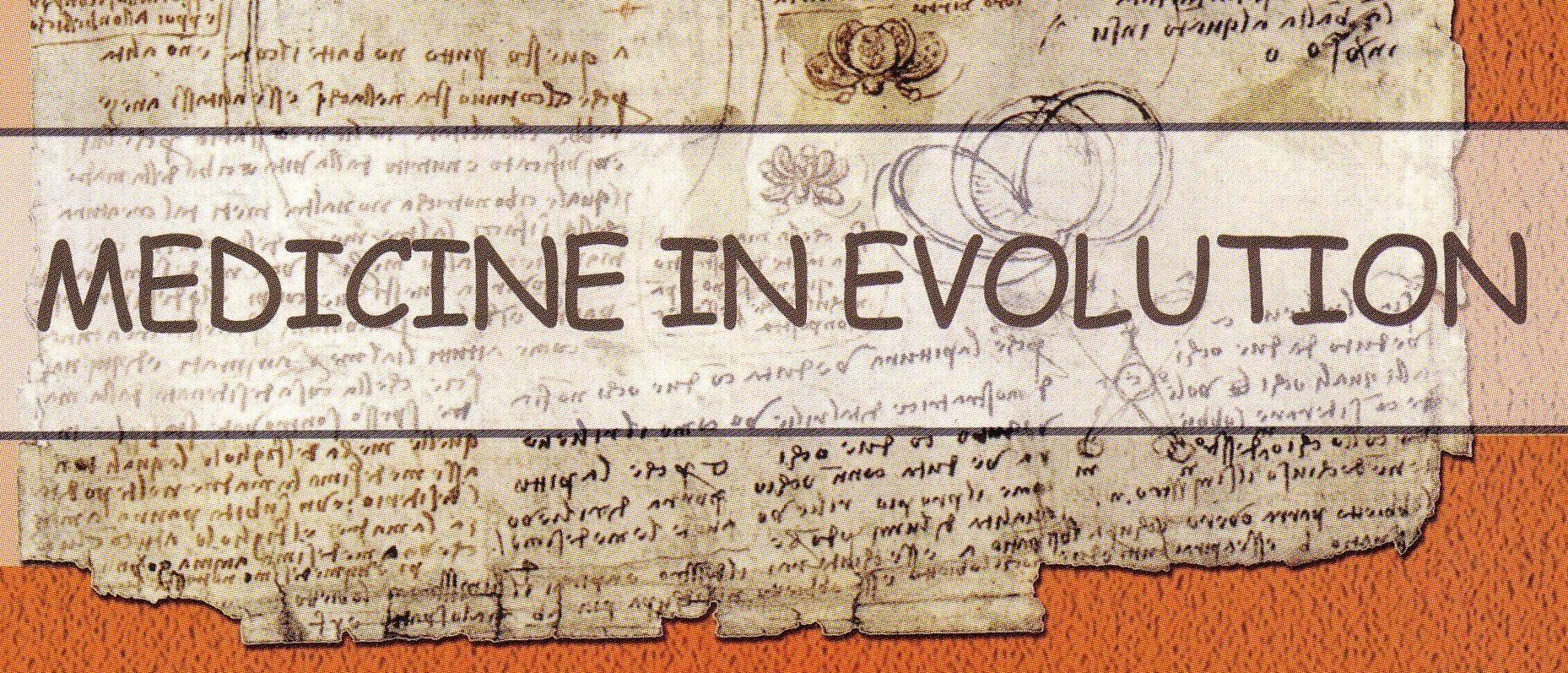|
Medicine in evolution
|
- Abstract - Insulin resistance and endothelial dysfunction are frequently comorbid states. Insulin resistance is characterized by the diminished ability of insulin to initiate intracellular signaling. Endothelial cells are a very active substrate, secreting mediators essential in modulating vascular tone, inflammation, haemostasis, cell proliferation and oxidative stress. Endothelial dysfunction is defined as inadequate endothelial-mediated vasodilatation. The 2007 European Society of Cardiology (ESC) and European Association for the Study of Diabetes (EASD) guide on pre-diabetes and cardiovascular disease recommended following drugs for the insulin resistance therapy: biguanides, thiazolidinediones and alpha-glucosidase inhibitors. This article discusses the choice of specific antihyperglycemic agents targeting insulin resistance, not only for their effectiveness in lowering glucose, but also for their extraglycemic effects, especially on endothelial dysfunction in order to reduce cardiovascular complications. The choise of the insulin sensitizing agent with the best cardioprotective profile depends on duration and complications of disease, safety profiles, tolerability, ease of use and expense.
Webmaster: Creanga Madalina |
|---|---|
